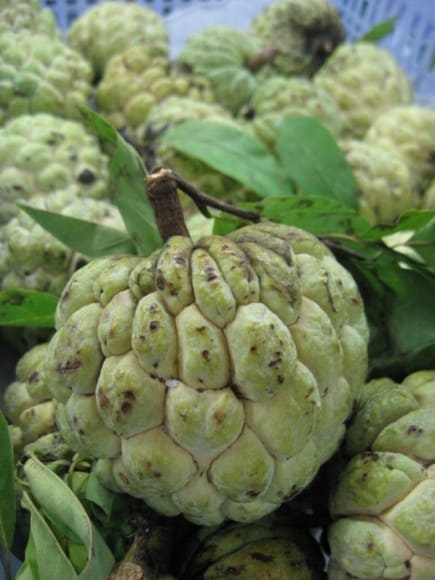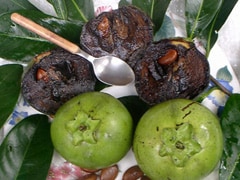Mango is a fruit which is indigenous to the Indian subcontinent, belonging to the genus Mangifera, consisting of numerous species of tropical fruiting trees in the flowering plantfamily Anacardiaceae. While other Mangifera species are also grown on a more localized basis, Mangifera indica – the Common Mango or Indian Mango is the only mango tree commonly cultivated in many tropical and subtropical regions, and its fruit is distributed essentially world-wide.
In several cultures, its fruit and leaves are ritually used as floral decorations at weddings, public celebrations and religious ceremonies.
Health Benefits of Mango
- Mangoes contain phenols, this phenolic compound have powerful antioxidant and anticancer abilities.
- Mango is high in iron, pregnant women and people with anemia are advised to eat this fruit regularly.
- Mango is effective in relieving clogged pores of the skin.
- It is also valuable to combat acidity and poor digestion.
- Mango is high in antioxidant and low in carbohydrates.
- Mango is a rich source of vitamin A(beta-carotene), E and Selenium which help to protect against heart disease and other ailments.
Maximising the benefits
As beta- cryptoxanthin is best absorbed by the body when eaten with fat, it is a good idea to eat mangoes as part of a meal, rather than on their own.

